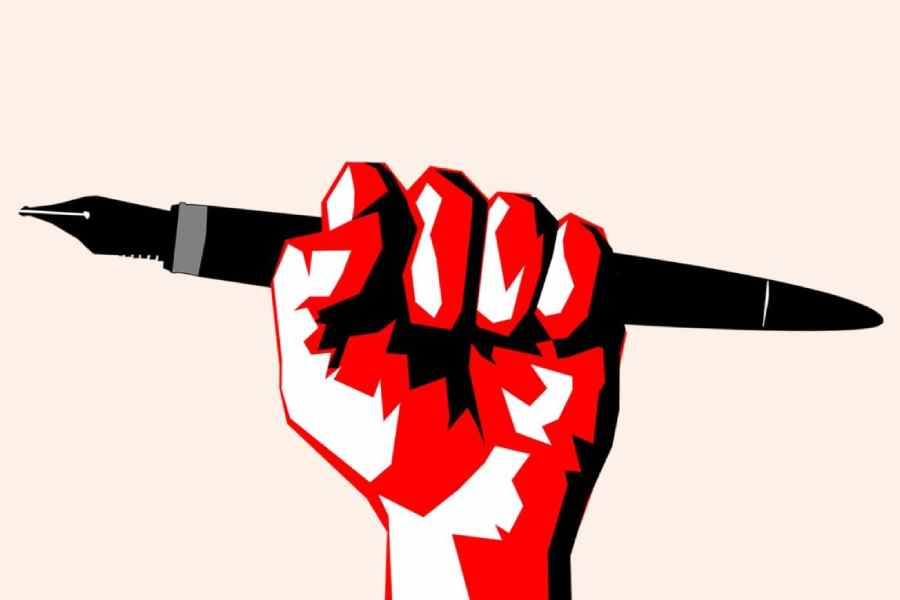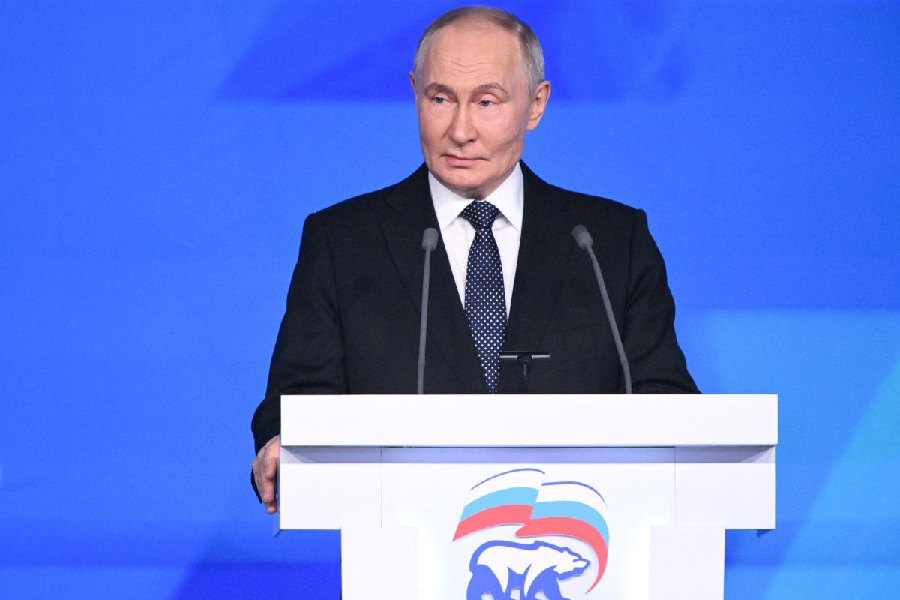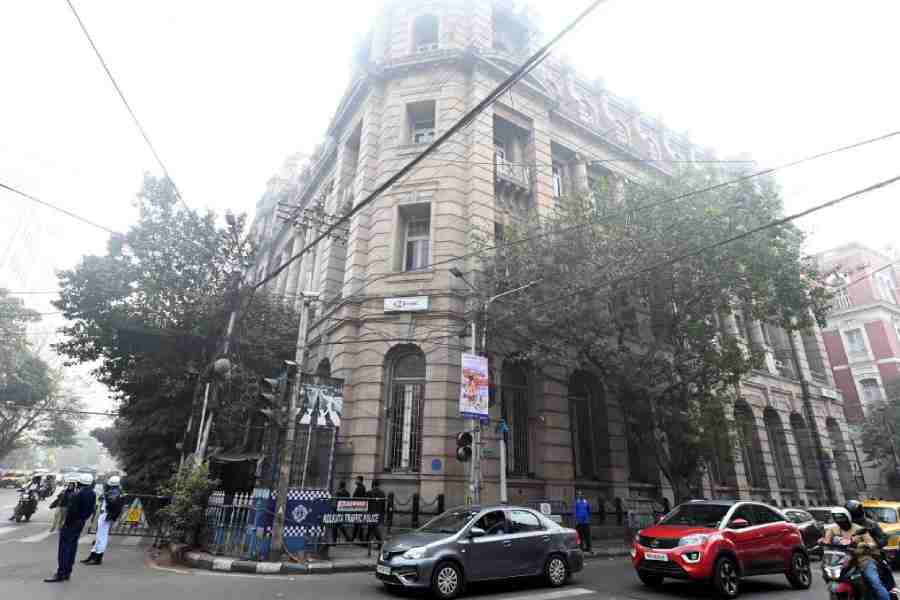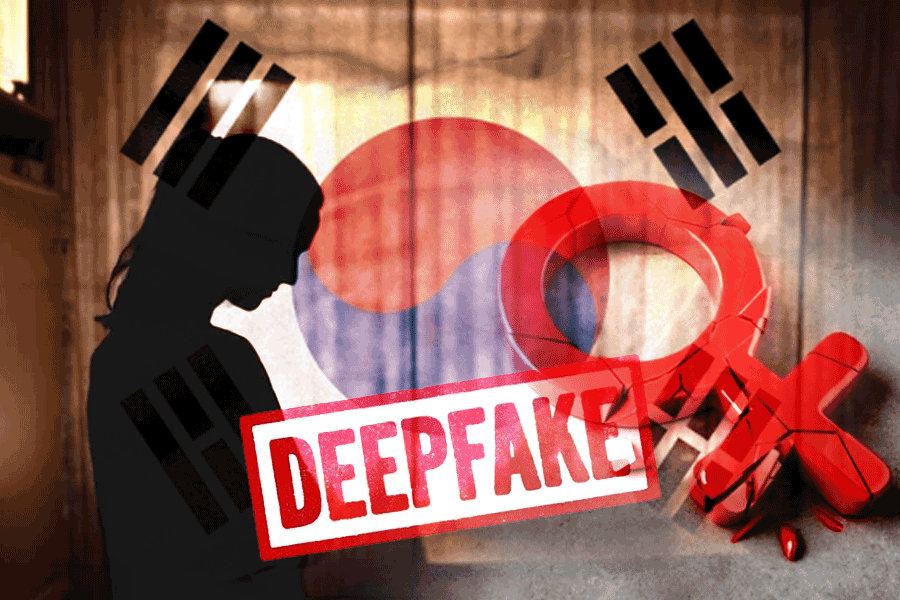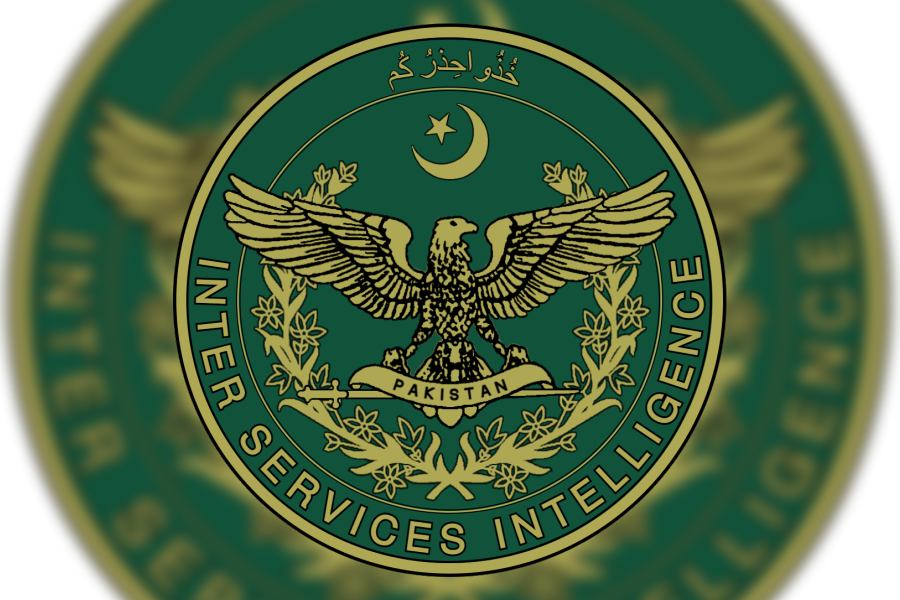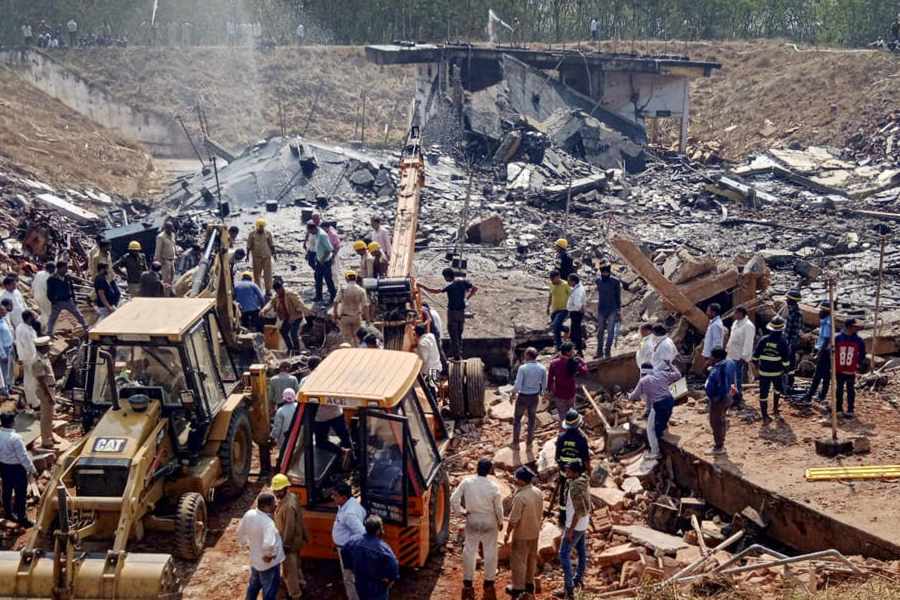October 23, 2023: Delhi Police detained students from Jamia Millia Islamia University, Jawaharlal Nehru University and Delhi University.
October 27, 2023: Delhi Police detained over 200 protestors at Jantar Mantar.
Both sets of protestors had gathered to condemn the acts of the Israeli State and demand for a ceasefire in Gaza. Incidentally, it had taken India’s leadership more than a month to publicly condemn the heinous attacks on Palestinians in Gaza. Given the Indian State’s constant scrutiny of liberal academic spaces and intellectuals, it is understandable why Indian academics have often hesitated to register their protest against the ongoing genocide in Palestine.
But that cannot be an excuse. To not engage, to not ask difficult questions, would be to not look power in the eye and speak truth to it. In fact, it becomes doubly imperative now to do this and do it diligently. But this is also the time to ask ourselves who are we as intellectuals and what do we want to become?
In his book, Representations of the Intellectual, Edward Said asserted that intellectuals are an “outsider” to the large networks of the powerful and can often find themselves helpless in their inability to wield direct change. While intellectuals can often find themselves standing alone, they can also actively seek and build communities.
We, as intellectuals, are in the business of building solidarities that nourish and resist. At times like these, when a genocide is being committed, our registering of protests must be a public act; simply witnessing is not enough. Modern India’s intellectuals have often faced brickbats because of their disengagement with, or even disdain for, the ‘masses’. The image of the ‘arm-chair intellectual’ criticising the world while comfortably sitting in his/her room is still ingrained in the public consciousness. This allegory is not invalid: most intellectuals in Indian academia are upper-caste, upper-class, heteronormative, Hindu men and women who have led a life of privilege.
As an intellectual, we have to publicly raise difficult questions. We have to face the risks of embarrassment and scrutiny from the establishment. The recent demonisation of the intellectual can be attributed to the fact that most scholars in public universities have been demonstrably critical of the State and consistently opposed to divisive, majoritarian politics.
These traits in an intellectual are not symbols of ‘bravery’. These are not markers to be lauded. One cannot call oneself an intellectual without these markers. Academia cannot merely be about teaching, attending conferences, and publishing to push forward one’s academic career. It is a world of processes wherein we continually try to expand human freedom and resist the violence of the dominant.
To be a voice against this violence, we need to write accessibly, mobilise institutions to organise lectures and film-screenings, and educate our students about the history of horrors as well as the importance of caring for worlds and people. There must be strong statements of condemnation against injustice from institutions and teacher-student organisations. Institutions must protect and stand by intellectuals and their efforts.
The mainstream Indian academia’s deafening silence on the enduring violence in Manipur is shameful. Despite the mounting pressures, we have to grieve, condemn and call for an end to violence, be it in Manipur or in Gaza, in as many languages as one can express and for as long as it is needed.
Bhargabi Das is Assistant Professor, Shiv Nadar University, Delhi

